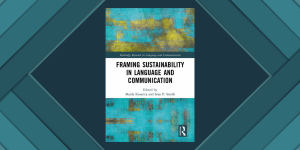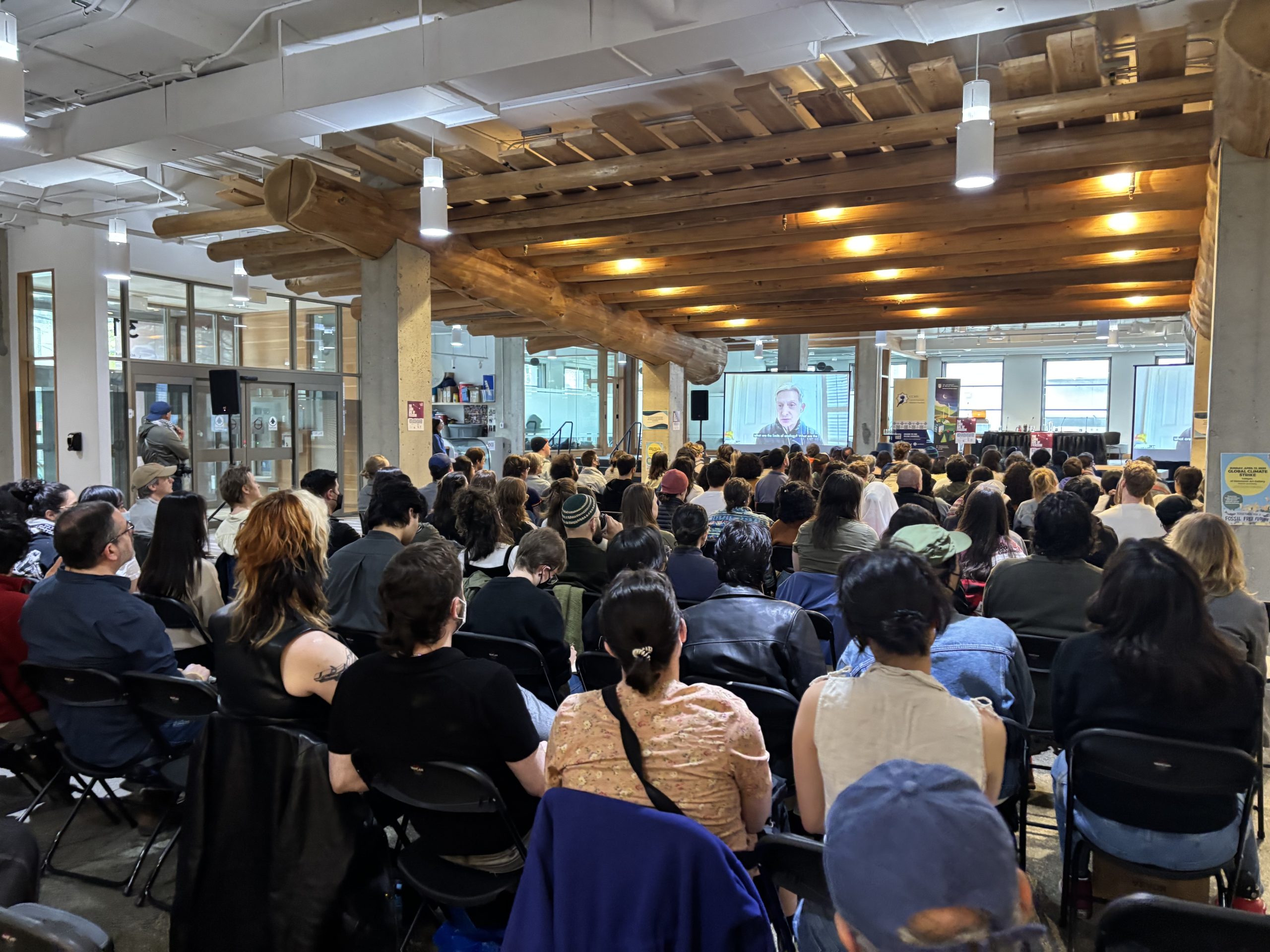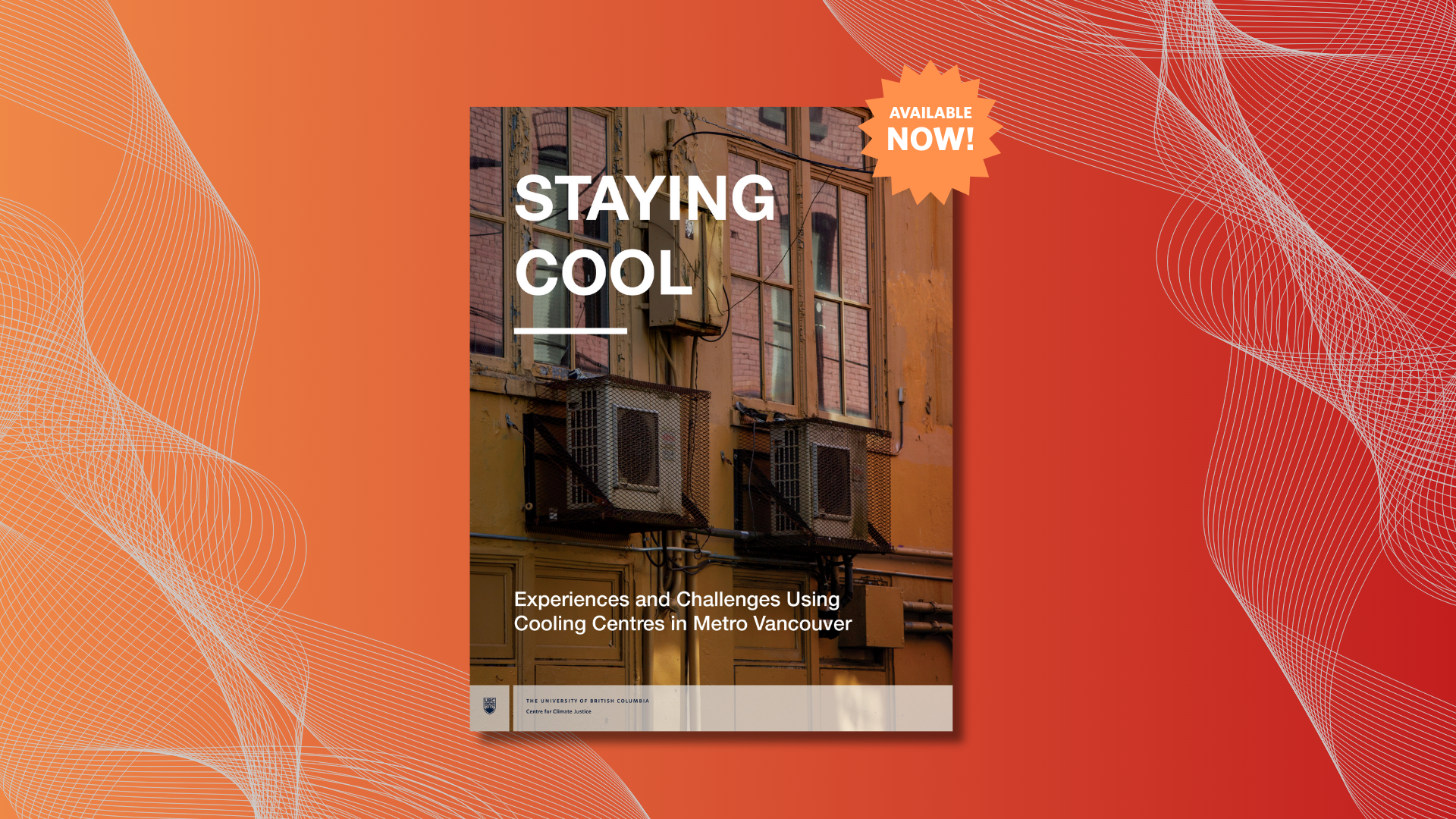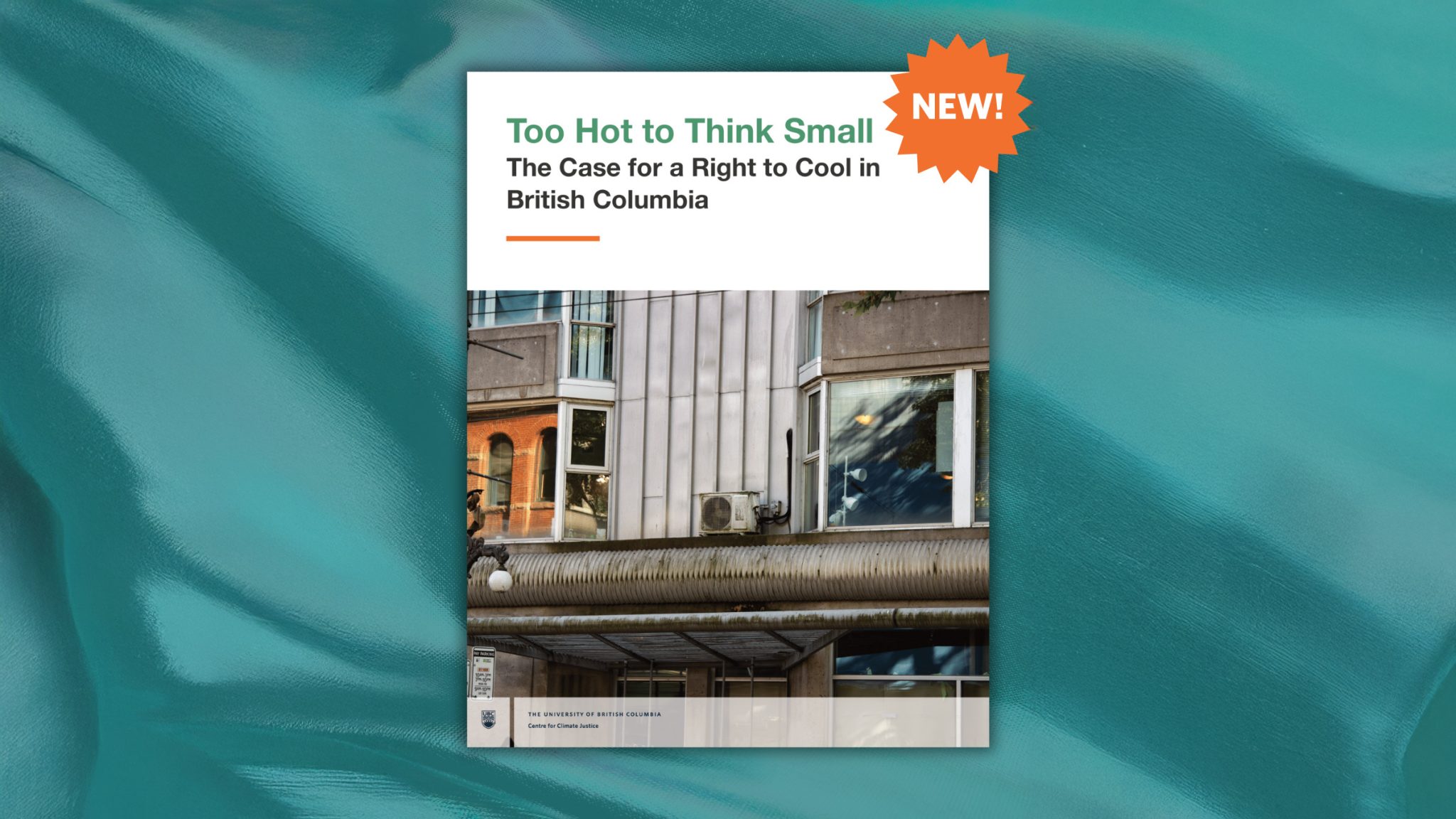

A majority of “endangered” languages that are estimated by experts to become extinct by the end of this century are Indigenous. The colonial introduction of invasive species of plants, animals, pathogens, and microbes, as well as ideational concepts and ideas, have rendered traditional practices unsustainable in colonial worlds. Despite the constant slew of news of the latest horrors of climate change due to extractive industries, rapacious capitalism, and the slow violence of settler-colonialism, Indigenous communities are working towards reinscribing and rearticulating their ancestral voices in multimodal worldmaking projects, the success of which depends upon rethinking the terms of sustainability not in colonial terms, but in Indigenous terms.
In his chapter featured in Framing Sustainability in Language and Communication, CCJ Affiliate Bernard Perley examines the eradication of Indigenous systems of environmental stewardship and how dominant development fantasies are accelerating a broader crisis of planetary self-destruction.
“Silence is killing all of us. An overlooked aspect of ecological disasters since Rachel Carson’s Silent Spring (1962) is the silencing of Indigenous languages. Today’s predominant sustainability imaginaries will not save us. We need to re-think sustainability through the revitalization of Indigenous languages.” – Bernard Perley


